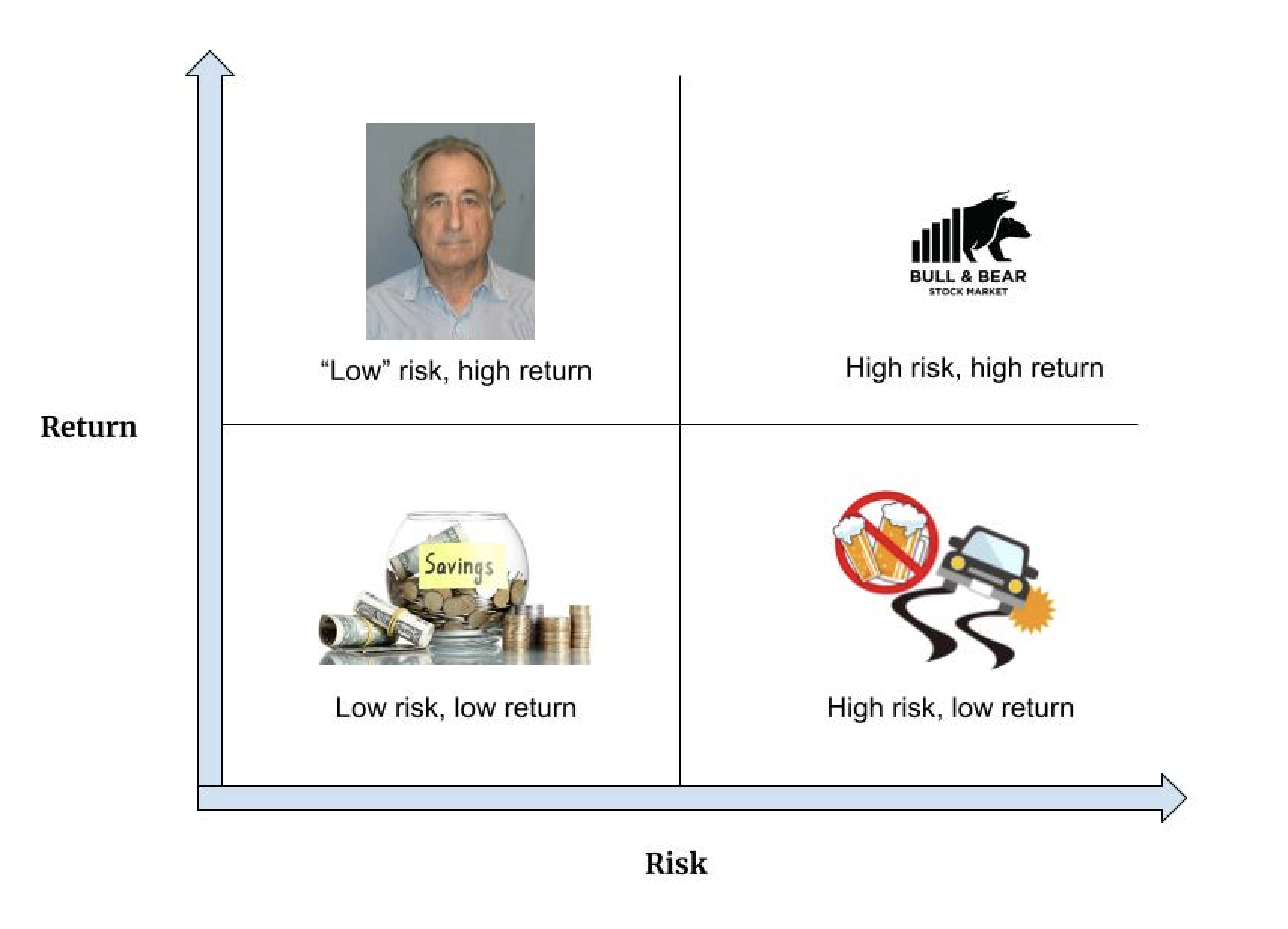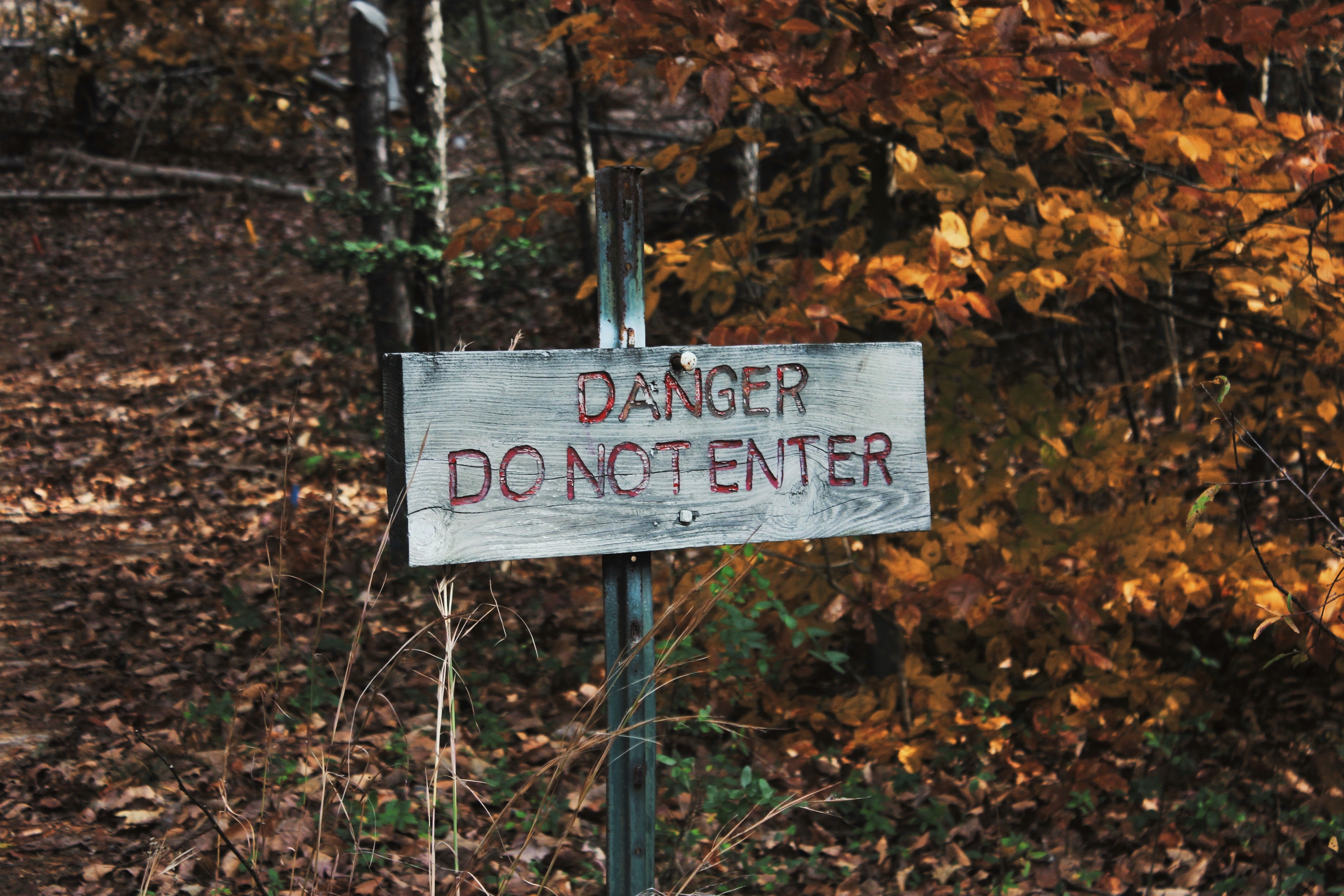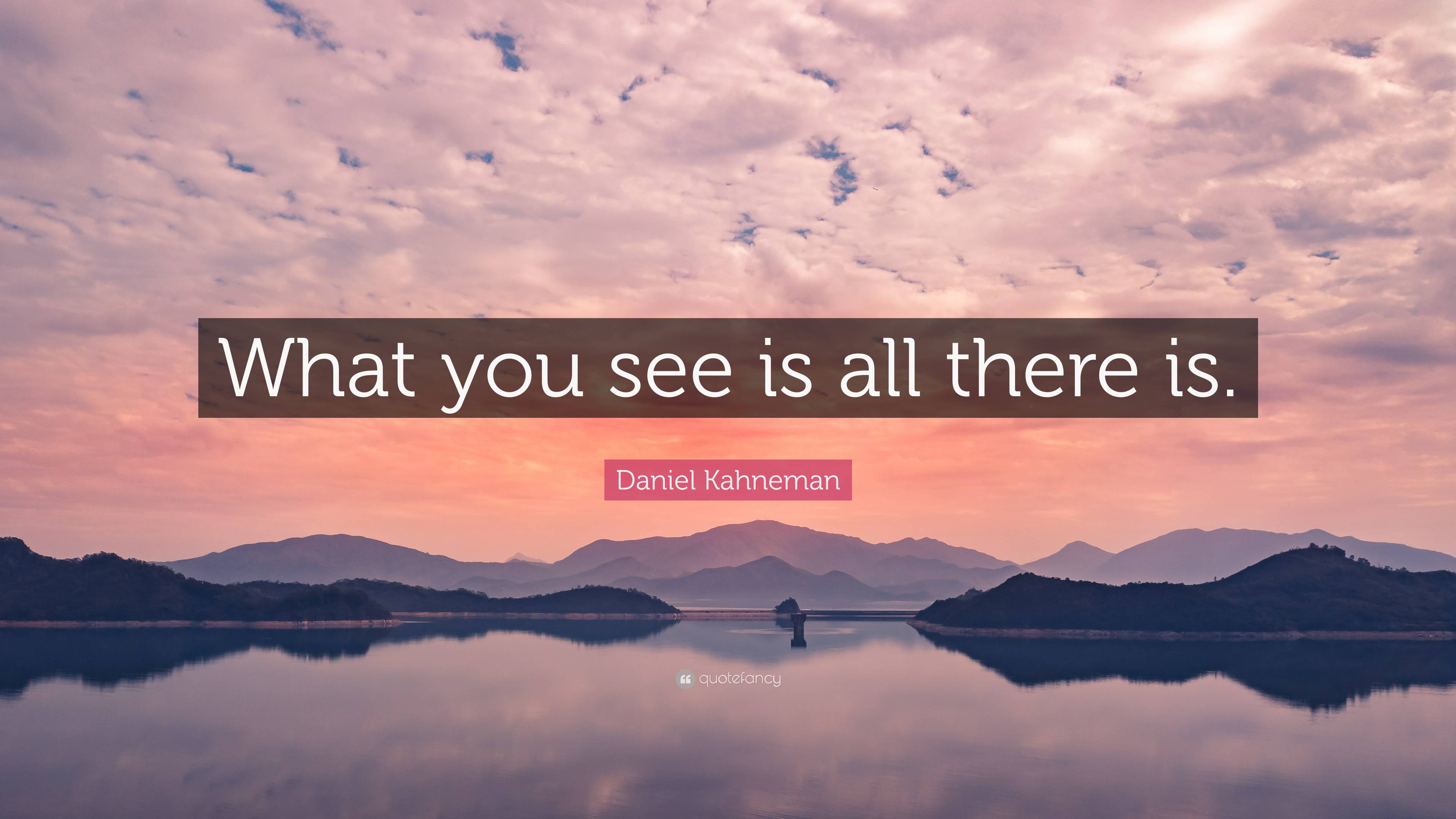A better way to job search (the post that inspired the book!)
Hello, Fresh Devoted Readers, As I alluded to in my last post, I spent January through mid-March slogging through a job search that led me to my current role at MongoDB (a database company) in Austin, TX, which I am happy about so far. Given the narrow topic, this post won’t help all readers equally, though I think some of the below principles apply to other areas of life.
***
The first year in the “real world” is hard and strange for most college grads, and the existential angst definitely hit me in waves after I returned from Mexico. In hindsight, I’m grateful for this time of stress and uncertainty, for the lessons I learned from two distinct tribulations turned out to be vital:
My first ever corporate job wasn’t the right fit. The intense motivation to steer my life in a new direction made me work harder than I normally do, and I was hired at MongoDB right as COVID-19 really shook the world (and just as my previous job at a music agency became jeopardized by the cancellation of all live music events).
The second tribulation: while feeling uncertain in 2019 about what I should do with my life, I needed to make some money to pay rent and bills to buy frozen pizzas. I first worked at a restaurant (job search strategy: walk into every bar in Nashville and ask the first person I saw if they were hiring bartenders—yes, this eventually worked) and then worked at a music agency (job search strategy: call my college friend’s dad who hooked me up with an interview—which also eventually worked and which I am still very grateful for, for the record). From these two 2019 searches, I learned that the 2020 job search required high agency and a different, more deliberate strategy.
The rest of this post will be about the strategy associated with this 2020 job search.
***
Before New Years, I accepted and internalized the fact that I needed to make a change, and that my previous two strategies were sub-optimal. I decided that there were realistically three ways to conduct the 2020 search:
Leverage a personal connection to get an “in”. As noted, I had done this before, but the bigger issue was that I didn’t know what I wanted to do next, and this strategy wouldn’t solve that. (This is also a low-agency approach to life.)
Shoot my résumé off to 200 places listed on job sites like Glassdoor or Indeed, get two interviews, and put myself at the mercy of randomness. This strategy is demoralizing, likely leads to underemployment, provides little feedback, and is not a holistic view of the job market. Yet, it is often the default first step since it is so low friction.
Start meeting people and making phone calls to learn what is out there and what I might enjoy. Over a long enough time frame, something good will come from sticking to this plan.
I vividly remember my drive from Louisville to Nashville after my Christmas vacation. Instead of a usual podcast, I listened to Ravel’s Bolero on repeat—a song that's ironically so repetitive because of Ravel’s ongoing mental deterioration. Along the way, I accepted the fact that though strategy three (calling and learning) is mentally harder than strategy two (résumé spamming job postings) in the short run, it will lead to much better results.
Long story short, I committed to strategy three, I got incredibly lucky on when it paid off in March, and I believe I learned enough that the strategy is worth sharing. The following are nine sub-strategies that I adopted and advocate. ***
Start with who you know
A common point of fear before starting this process: “I don’t know what I want to do, what I would possibly be interested in, or even what I like. Come to think of it, I don’t really like anything.” This is perfectly normal and is a side effect of living in America in the 2020s. Fortunately, to conduct this process, you don’t need to handpick jobs from websites or spend 44 hours journaling. Start with people you’re close with, and start before you feel ready (more on this at the end). You really can start this small: my sister’s friend’s roommate’s friend’s friend [S'FRFF] referred me to MongoDB, but this chain started by calling my sister’s friend. Call up a friend and ask them in-depth questions about their job, ask them for a contact, and you’ve officially begun.
Just try to learn
Before the first phone call, I accepted the fact that it would take 100 phone calls for me to find the right job (it actually took ~30 over about 8 weeks), and I named my master note-taking document something about "100 conversations". I promised myself I wouldn’t give up until I reached 100, because each additional conversation could be the one that changed everything. By the end, the high from meeting and learning from people carried me through the winter months of my previous job. Looking back six months later, I’m nostalgic about how much I learned on a nightly basis.
I can’t overstate how fundamental this point is to the process, and it’s easy to lose sight of by focusing too much on finding a company that’s hiring. Early on, I felt the need to spin this self-promoting narrative during my introduction calls to make myself feel good. I eventually realized that it derailed the conversation, was off-putting to the person I called, and honestly didn’t help at all. People aren’t judging you for having the “wrong” work experience, since they just want to talk about themselves. Honesty makes people want to help and provide intros more than spinning a narrative does.
Prepare good questions
Even with friends, come prepared with 5-7 questions so that you don’t just shoot the breeze. Make it conversational, of course, but it still needs to be valuable.
Don’t ask
*Questions that have nothing to do with them, or are mostly about you (especially the first questions)
*Questions that show you didn’t research their background or prepare (for non-friends especially)
Ask
*Something like “What was your thought process in doing X or in taking X position?” This is intentionally vague, and it elicits some of the best answers
*Something like “what have your learned?” or “what did you not know when you started that is über valuable?”
*Questions relevant to what they do on a daily basis, even if you don’t want their job. Being polite and interested goes a long way, and you never know what you’ll learn or who they know
*Follow-up questions (!!) - By taking notes and preparing questions in advance, you’re freed to actively listen and dive into points of confusion or something that jumps out to you. It is incredibly obvious when someone is actively listening versus when they desperately want to get all of their thoughts out. Going through this process made me hypersensitive to this, and it came in handy in my final interview
Stay organized
I always wrote down 5+ questions and personalized background notes on a notepad so that I could make hands-free calls and write down almost everything he/she said using pen and paper. Before the notes piled up, I spent a few free minutes the following day at work typing them into a master Google Sheet. I was pretty compulsive about the organization, but it served several benefits:
*I could re-read everything in one place and immediately reflect on yesterday’s calls
*All of the people I still needed to contact were in the sheet, and I rarely waited more than a day to engage since the names were right in front of me
*I kept an index so that I could see in one glance all of the people I’d already called
*Most important in hindsight, I’d type up the previous notes, tear up the written notes and see the Google Sheet grow. There was a small but consistent sense of accomplishment and growing confidence (and a dopamine hit) that kept me motivated and gave me a sense of control over the process—the exact opposite feeling of the spamming-my-résumé-on-Indeed method.
Don’t ask them to take your résumé
If you’ve made dozens of phone calls and you found a place you’d love to work, it would make sense to ask them about the hiring process. But you don’t need to ask everyone (or anyone) to take your résumé. If you approach the calls from a place of genuine curiosity, ask intelligent questions, and explain why you are trying to learn from them (e.g. “I’m interested in something like this and really curious to learn about what you do”), a ton of people will ask you for your résumé or even forward it along (as my S'FRFF did with MongoDB).
Asking for referrals cleanly
Start off the calls (after the intros) with a 20-second pitch about what you’re doing and why. Literally 90% of the non-friends I called said something like “you’re doing the right thing by calling and learning from people.” A good first impression goes a long way toward getting legit referrals or connections, even on a short introduction call.
Speaking of referrals, I loathe the word networking and cringe at its self-interested connotations. There is, however, a really easy way to do this that is not as self-serving: after establishing yourself as someone who is curious, prepared, and an active listener, all you have to do when wrapping up the call is ask something like “is there anyone you’d feel comfortable connecting me with who also does X (or does X that we discussed, or is in X industry/company/job/friend)?”
(Unrelated but something worth mentioning: stay positive during these calls and don’t complain about your current job or boss. I often caught myself doing this and had to steer the conversation back to why I was excited to learn from them. Complaining is a huge red flag.)
Have multiple trees of people
Ah yes, people trees. If you start out with four friends, each of those connection threads (if you get names of new people to call) will eventually hit an impasse, or someone will take too long to get back to you. A lot of people simply don’t respond, even when given a warm introduction via a group text. It's not personal, they are just thinking about themselves too.
When you hit an impasse, start a new people tree. I went to LinkedIn and searched for all Centre College alumni in Austin, LinkedIn messaged them, and spoke to quite a few. There are infinite ways to connect with people in 2020: Instagram DMs, LinkedIn, email, stalking, etc., and they all work if you stay persistent and open-minded. The more people trees you have, the more calls you make and comfortable you get. Don’t be too picky, it’s just a phone call.
Take any job interview that you can
Interview, not job! I interviewed for two positions that I was unlikely to accept, and I was also rejected during the screening process at another tech company. Had I not participated in these first interviews, my preparation and confidence heading into the series of MongoDB interviews would have been nil. A job offer does not mean you have to take it, but there is freedom in having options.
Treat all interviews with respect and preparation, of course. As the saying kind of goes, you don’t rise to the pressure of your most important interview, you fall to the level of your practice (interviews). On to the last point.
Starting (the hardest part)
The harsh truth is that none of this strategy matters until you start. Procrastination is my eternal weakness, and it took a depressing work situation for me to get the ball rolling. Even when I finally committed to this strategy, it took me two more weeks to make the first call. Starting a process like this is intimidating and vague. Fortunately, the fear of stasis (i.e. staying in my current role) was stronger than the discomfort of the first few phone calls. Thus, the importance of starting with friends/family to ease yourself in.
A few more tips on starting:
Start incredibly small. Set a timer for 5 minutes and make a list of a few friends, family members, or non-strangers whose jobs you find interesting or who are in a desired city. Then spend the next 5 minutes sending them each a text that says you’re trying to figure out what’s next for you and you want to talk to them to learn more about what they do. That’s it, and it’s honest. No extra fluff needed, and you’ve started the process in 10 minutes.
You don’t need a perfectly polished résumé to start this process. The first time someone says, “send me your résumé,” you’ll magically find the motivation to make it look nice.
You don’t need to make a dozen calls the first week. I probably averaged 0.9 calls per weekday over a period of 7 weeks, which worked like compound interest to produce a huge volume of information, connections, interviews, and a new job. Some days I’d call during lunch and have two more at night, and sometimes I’d go a week before hearing back.
Find people who will hold you accountable and make you refocus when you hit a lull.
Watch Tim Ferriss’ fear-setting TED talk, though not until after you start!
It will be awkward at first, as well as hopeless and frustrating. This is normal.
Don’t quit. The difference between giving up and succeeding is as simple as not quitting.
***
Feel free to email me with questions, thoughts, etc. If you're job searching, adapt this to your own style, but remember that what matters most is pushing through the initial discomfort. Completing this process once hasn’t made me an infallible expert, but I learned a ton and I’m happy to dive in with anyone who wants to make a change. Thanks for reading, and please forward this to anyone who might benefit from it.
Here's the link to my 2022 book: Giant of the Job Search.







